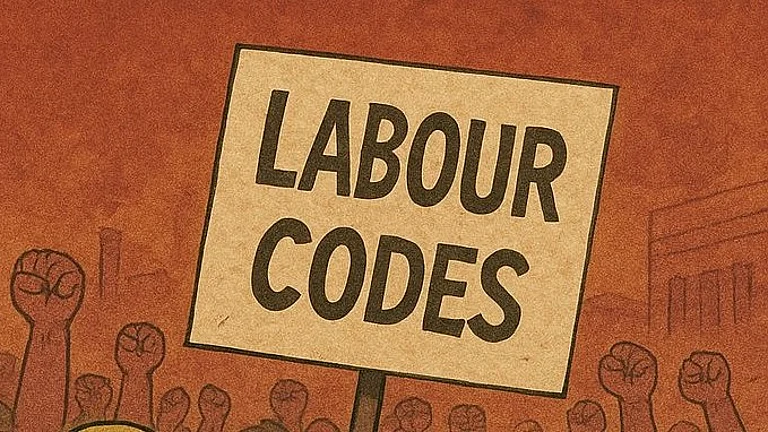An expert panel has suggested introduction of a voluntary mediation as a dispute resolution mechanism under the insolvency law.
Voluntary mediation refers to referring a matter for mediation by consensus among the parties concerned.
The expert committee was set up by the Insolvency and Bankruptcy Board of India (IBBI) to examine the scope of use of mediation in respect of processes under the Insolvency and Bankruptcy Code.
The code provides for a time-bound and market-linked resolution of stressed assets, and it came into force in 2016.
In a release on Wednesday, the IBBI said the panel has recommended a phased introduction of voluntary mediation as a dispute resolution mechanism under the IBC while maintaining the sanctity of the timelines for various existing insolvency resolution processes.
"The core essence of the framework is its independence and flexibility to provide room for quick incorporation of implementational learning," it said.
The panel has proposed establishment of a dedicated and specialised NCLT-annexed insolvency mediation cell with an independent secretariat to administer, oversee, and manage the conduct of insolvency mediations under the Code.
According to the release, the panel has taken a cautious approach and endeavoured to balance the fundamental objectives of the Code, i.e. 'time-bound reorganisation' and 'maximisation of value', with autonomy to parties to voluntarily opt for the 'out-of-court' mediation process to enhance the efficiency of the insolvency resolution process.
The mediation framework, as recommended by the committee, would best operate as a self-contained blueprint within the Code, with independent infrastructure to ensure that the objectives of the Code are met without compromising or diluting the basic structure in terms of timelines and public rights, among others, the release said.


























.jpg?w=200&auto=format%2Ccompress&fit=max)




